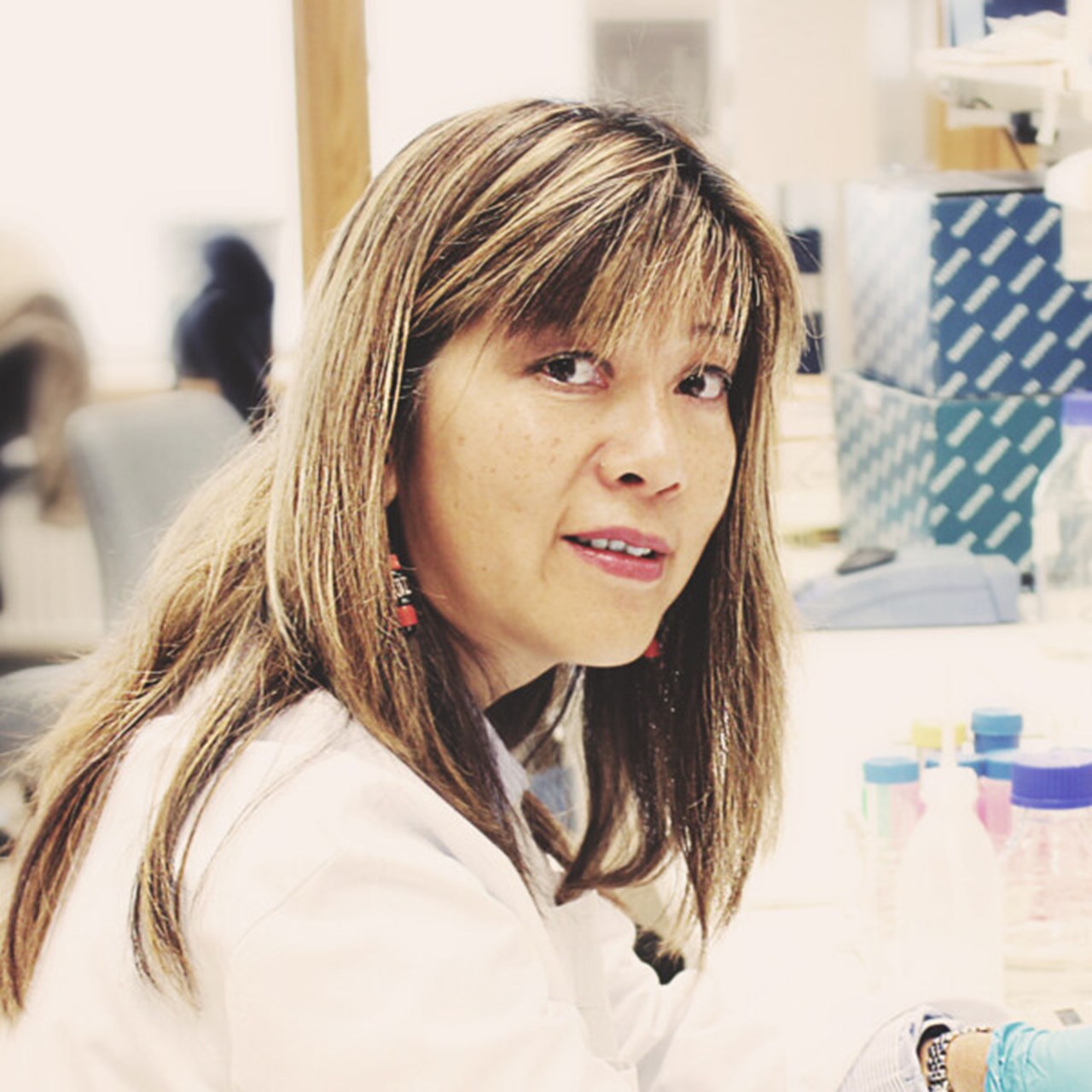Investing in AI - FACT
The Faculty of Medicine is making a long-term investment in AI in education programs to train the workforce of the future and in research by strengthening the application of AI technology broadly in medical research and innovation. Jenny Persson chairs and leads the work of the Faculty's AI Council.
The AI Council works to develop interdisciplinary collaboration on AI within the faculty and within universities, as well as with researchers around the world. This is done through various research activities, trainings and workshops such as seminar series, an AI day organized together with IceLab, a very productive Hackathon and an AI beginners' course open to everyone at Umeå University, but also to researchers and students from other universities.
The widespread adoption of AI is one of the main objectives of the Faculty of Medicine. Umeå University's newly formed transdisciplinary AI center, which includes all faculties, will be an important engine for AI in both research and education.



